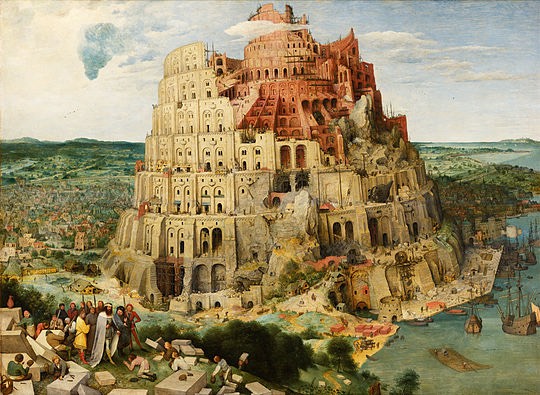
Ben Thompson of Stratechery fame has a way of explaining the winner-takes-all dynamics of Internet-era platform companies which he calls Aggregation Theory.
It’s worth having a read and a think about if you’re struggling to understand why trillion dollar tech firms are posting 20%+ annual revenue growth, for example – and the supposed law of large numbers be damned.
Ben’s developed the concept since he first semi-accidentally coined it in 2015. He recently applied it to ideas and memes, noting:
…sure, the Internet makes possible a wide range of viewpoints — you can absolutely find critics of Black Lives Matter, COVID policies, or pro-Ukraine policies — but the Internet, thanks to its lack of friction and instant feedback loops, also makes nearly every position but the dominant one untenable.
If everyone believes one thing, the costs of believing something else increase dramatically, making the consensus opinion the only viable option; this is the same dynamic in which publishers become dependent on Google or Facebook, or retailers on Amazon, just because that is where money can be made.
Ben Thompson, The Current Thing, 17 March 2022
I can see where he’s going with this.
A bane of our times is how the proliferation of ideas and the thousand voices blooming potential of the Internet seems to be so much dough going into a doctrinaire cookie cutter that stamps out a couple of ideologically-opposed tribal views about everything from Brexit to Trump to Covid to Climate Change and that’s your lot.
Ben’s mapping of aggregation theory onto this paradox is as good as any other explanation.
All roads lead to Rome
It made me think that aggregation theory could also explain why as the Internet boomed and location became apparently less important, a handful of global cities became all-important.
The way I’ve put it before is that:
The more people can be anywhere, the more they will want to be somewhere.
Relocation, relocation, relocation, 2 September 2020
I think aggregation theory can map straight across to why bright young people migrate to places like London, New York, and Shanghai and to hell with all your regional redevelopment schemes and play-nice art galleries on the docksides of former industrial towns.
Ben argues that:
…centralization is a second order effect of decentralization: when all constraints on content are removed, more power than ever accrues to the entity that is the preferred choice for navigating that content; moreover, that power compounds on itself in a virtuous feedback loop.
Ben Thompson, The Current Thing, 17 March 2022
Like the factionally-correct doctrines Ben talks about in The Current Thing, moving to London is similarly a no-brainer when it comes to solving the problem of where to live for someone who can choose without constraints.
A city is a platform
Consider these traits of an aggregator, as per Ben’s definition:
- Direct relationship with users
- Zero marginal costs for serving users
- Demand-driven multi-sided networks with decreasing acquisition costs
I don’t think it’s a stretch to apply that to all cities.
What sets the leading World Cities apart is their ability to create bigger and better ‘multi-sided networks to drive demand’ – and hence reduce the CAC of tempting a new graduate to plug into the World City’s network versus an inferior one down the train line.
It’s up to you New York
Of course this isn’t really saying anything especially new.
Cities scale – we know this.
Venture capital networks in Silicon Valley beget more venture capitalists – and more entrepreneurs.
Paris was full of artists in the 1920s and Berlin was in the 1930s.
And so on.
Yet I think there’s something about the true rootlessness possible in 21st Century life that amplifies the literal attractiveness of a city.
Like how gravity is the weakest force, but strongest gravity always wins.
Many pundits envisage our untethered lives will be increasingly lived up mountains or floating across the Atlantic or whatnot. At least when we’re not hamming it up in the metaverse.
But I doubt it.
The attractions of a World City may be relatively weak versus their heyday, considering you can now get nearly everything – artsy movies, kink, the latest thoughts from brilliant minds, speciality drinks – via a wire(less)…
…except in comparison to the even-weaker attractions of all the also-ran cities.
Weak beats weaker, so gets stronger. And everything aggregates.